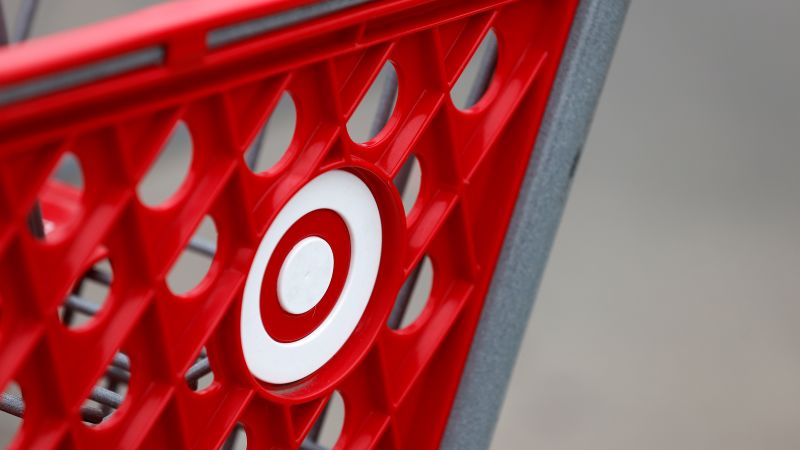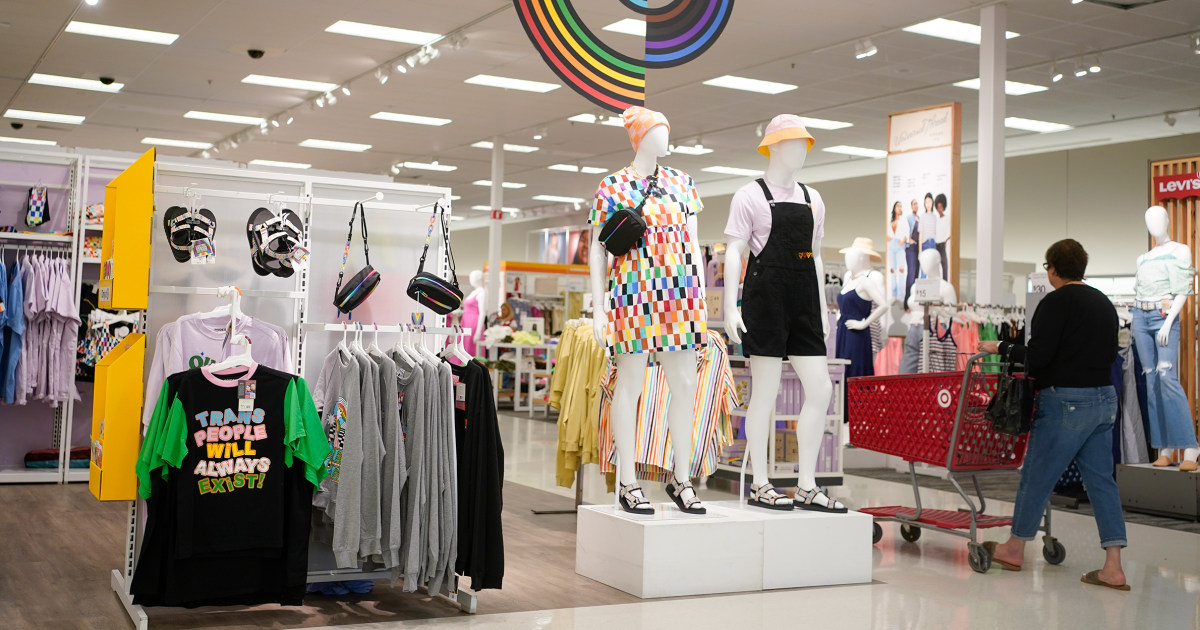
Target, the retail giant, has announced that it will only sell Pride merchandise in select stores and online this year. The decision comes after a backlash against the company last year for selling LGBTQ-themed items, including children's clothing.
According to reports from multiple sources, Target will base its decision on historical sales performance. Last year, the retailer faced intense criticism and boycotts over its Pride merchandise. Some of the controversy centered around a women's swimsuit described as 'tuck-friendly,' which was marketed as concealing male genitalia.
Target has been a vocal supporter of the LGBTQ community for many years, but last year's controversy marked a significant shift in public perception. The company faced threats against its employees and stores, leading to some locations removing the merchandise from display.
The decision to limit Pride merchandise sales is not unique to Target. Other retailers have also faced backlash over their LGBTQ-themed products, including Disney and Best Buy. The controversy comes as several states, including Florida, have passed laws restricting discussion of sexuality and gender identity in schools.
The Human Rights Campaign (HRC), a leading LGBTQ advocacy group, has criticized Target's decision. HRC President Kelley Robinson said in a statement that the move is 'disappointing and alienates LGBTQ individuals and allies at the risk of not only their bottom line but also their values.'
Target's CEO Brian Cornell called threats against the company and its employees 'gut-wrenching' last year. The controversy led to a drop in sales revenue during Pride month, with more than 5% decrease in the quarter. However, Target still reported a net income of $1.38 billion in its fourth quarter last year, which is 58% higher than the previous year.
The controversy over LGBTQ-themed merchandise is part of a larger cultural backlash against the community. Conservatives have called for boycotts of brands that advertise specifically to LGBTQ people or marginalized communities. The latest target (pun intended) has been Bud Light, which partnered with transgender TikTok star Dylan Mulvaney for a social media contest.





